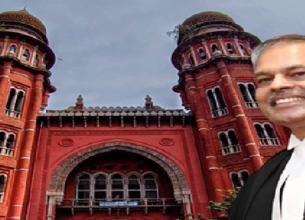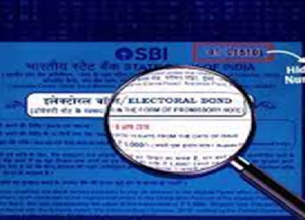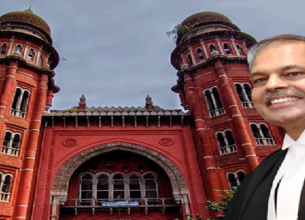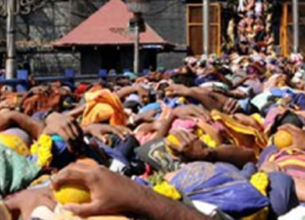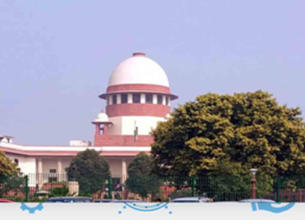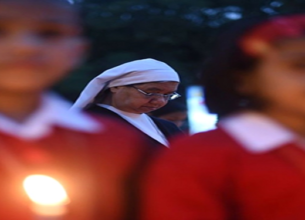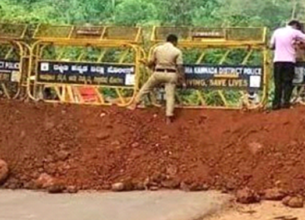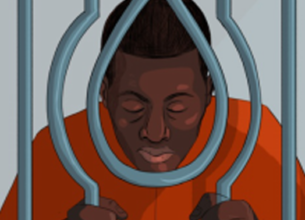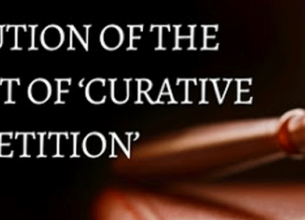RESTRICTIONS ON COURT HEARINGS LAWFUL, SAYS SUPREME COURT
07, Apr 2020
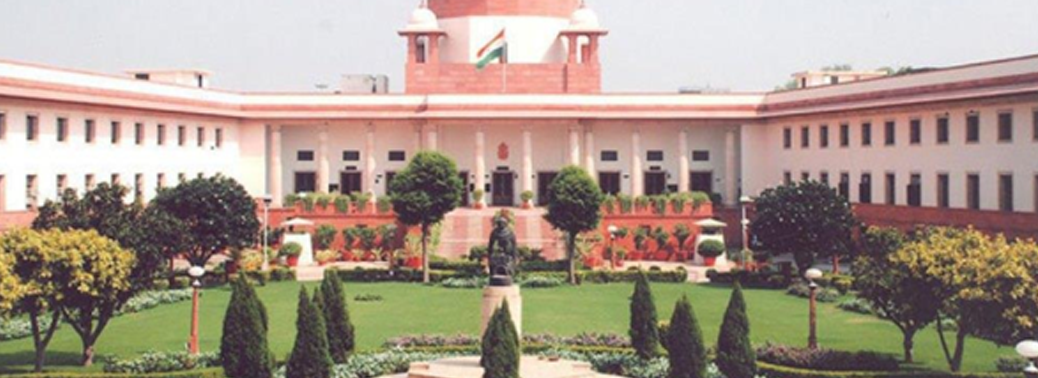
Prelims level : Polity & Governance - Judiciary
Mains level : GS-I Indian Constitution- Historical Underpinnings, Evolution, Features, Amendments, Significant Provisions and Basic Structure.
Why in News?
- The Supreme Court recently deemed all restrictions imposed on people from entering, attending or taking part in court hearings as lawful in the wake of the COVID-19 pandemic.
Highlights:
- The court said that restrictions were in tune with the social distancing norms and best public health practices advocated to contain the contagion.
- Invoking its extraordinary Constitutional powers: The court invoked its extraordinary Constitutional powers under Article 142 to step away from the convention of open court hearings. The open court system ensures transparency in administration of justice.
Videoconferencing:
- The apex court bench assembled to suo motu streamline the videoconferencing guidelines for courts.
- In a series of directions, the apex court allowed the High Courts to decide the modalities for the temporary transition to the use of videoconferencing technologies in their respective States.
- District courts in each State would adopt the mode of videoconferencing prescribed by the respective High Courts.
- Helplines would be set up to receive and rectify technical complaints.
Article 142 of the Constitution:
- Article 142 provide a unique power to the Supreme Court, to do “complete justice” between the parties, i.e., where at times law or statute may not provide a remedy, the Court can extend itself to put a quietus to a dispute in a manner which would befit the facts of the case.
- Article 142(1) states that “The Supreme Court in the exercise of its jurisdiction may pass such decree or make such order as is necessary for doing complete justice in any cause or matter pending before it, and any decree so passed or order so made shall be enforceable throughout the territory of India in such manner as may be prescribed by or under any law made by Parliament and, until provision in that behalf is so made, in such manner as the President may by order prescribe”.



